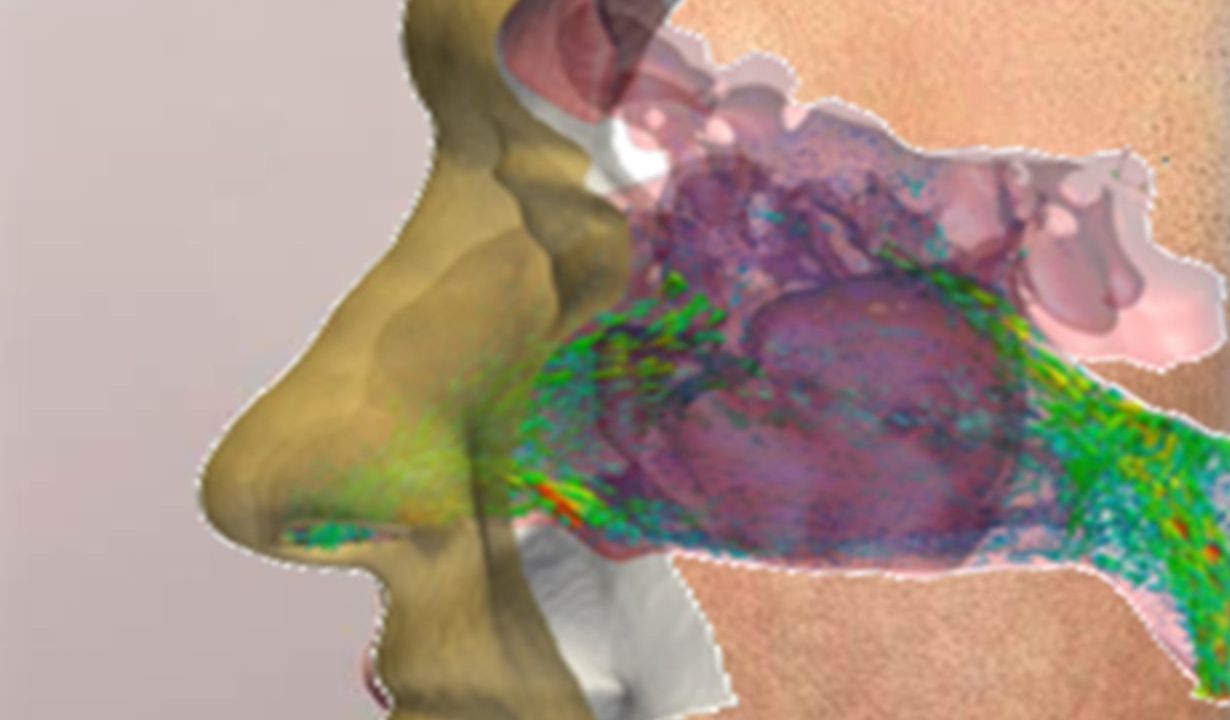
In future medicine, personalized computer models, so-called Virtual Human Twins, could help in the planning of individual therapies. Today already, human organs can be simulated on chips or in petri dishes: Scientists are developing computer-aided methods and in-vitro technologies that are intended to reduce or even replace animal testing. The new 3ROCKIT 3R Center at KIT (Karlsruhe Institute of Technology) is a driving force behind this endeavor. As of January 01, 2025, Baden-Württemberg will add it to the statewide 3R network, funding it with EUR 100,000 per annum for three years.
3ROCKIT (stands for Replace Reduce Refine Organismal Research by Computational and Cellular technologies@KIT) has adopted a 6R principle for this concept: Besides the 3R strategy of reducing, replacing, and refining animal testing, it is to be ensured that all experimental designs are statistically robust, all experiments are registered, and even negative results are published (reporting).
The Center, headed by Dr. Nicole Jung is part of the KIT Center "Health Technologies" (KITHealthTech), where researchers work in a multidisciplinary team to find digital and technological solutions for our health system. "The development of technologies suitable for replacing animal experiments is an important component for future-proof research, such as in natural sciences and in medicine," says Professor Oliver Kraft, Vice President Research at KIT. "The fact that 3ROCKIT will be funded within the Baden Württemberg-wide 3R network shows that we have put KIT on the right track here."
3ROCKIT leverages digital technologies and deep neural network algorithms. The six core units of the 3R Center rely on technologies such as computer models and artificial intelligence (AI) to generate digital twins that are used to promote personalized medicine, build biomaterials, and develop intelligent surgical assistance systems. "The use of artificial intelligence has opened up a new dimension for 3R research. Highly accurate results can be obtained faster and the number of animals subjected to testing can be reduced dramatically," says Professor Ute Schepers, Spokesperson of the KIT Center "Health Technologies.
Digital Simulation of Active Ingredients and Therapies
Digital methods allow the researchers to predict how chemicals will affect cellular functions and calculate their biological distribution and effects in the body. A separate core unit is dedicated to build training datasets for the Virtual Human Twin: These personalized computer models of patients enable better risk assessment and customization of treatment.
Researchers at 3ROCKIT are also working on AI-based, autonomous labs for the development of in vitro methods, such as "organ on a chip" technologies and organoids, i.e. three-dimensional, tissue-like structures. With both approaches, it is possible to reproduce physiological processes outside a body, using the cells of patients. In the "3D Printing Center", resources for the production of 3D-prints are combined, allowing the use of materials such as polymers, metals, glass, and even tissue.
The Baden-Württemberg 3R network is now the umbrella for eight institutions in this state that use various approaches for the development of alternative experimental methods. Besides KIT, the Furtwangen and Ulm universities will be included in the network and receive funds.
More about the Baden-Württemberg 3R Network:
More about the KIT3ROCKIT Center
Being "The Research University in the Helmholtz Association", KIT creates and imparts knowledge for the society and the environment. It is the objective to make significant contributions to the global challenges in the fields of energy, mobility, and information. For this, about 10,000 employees cooperate in a broad range of disciplines in natural sciences, engineering sciences, economics, and the humanities and social sciences. KIT prepares its 22,800 students for responsible tasks in society, industry, and science by offering research-based study programs. Innovation efforts at KIT build a bridge between important scientific findings and their application for the benefit of society, economic prosperity, and the preservation of our natural basis of life. KIT is one of the German universities of excellence.






